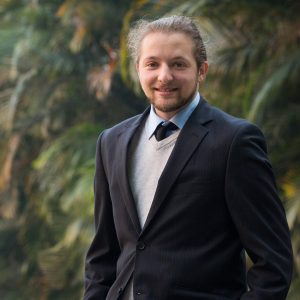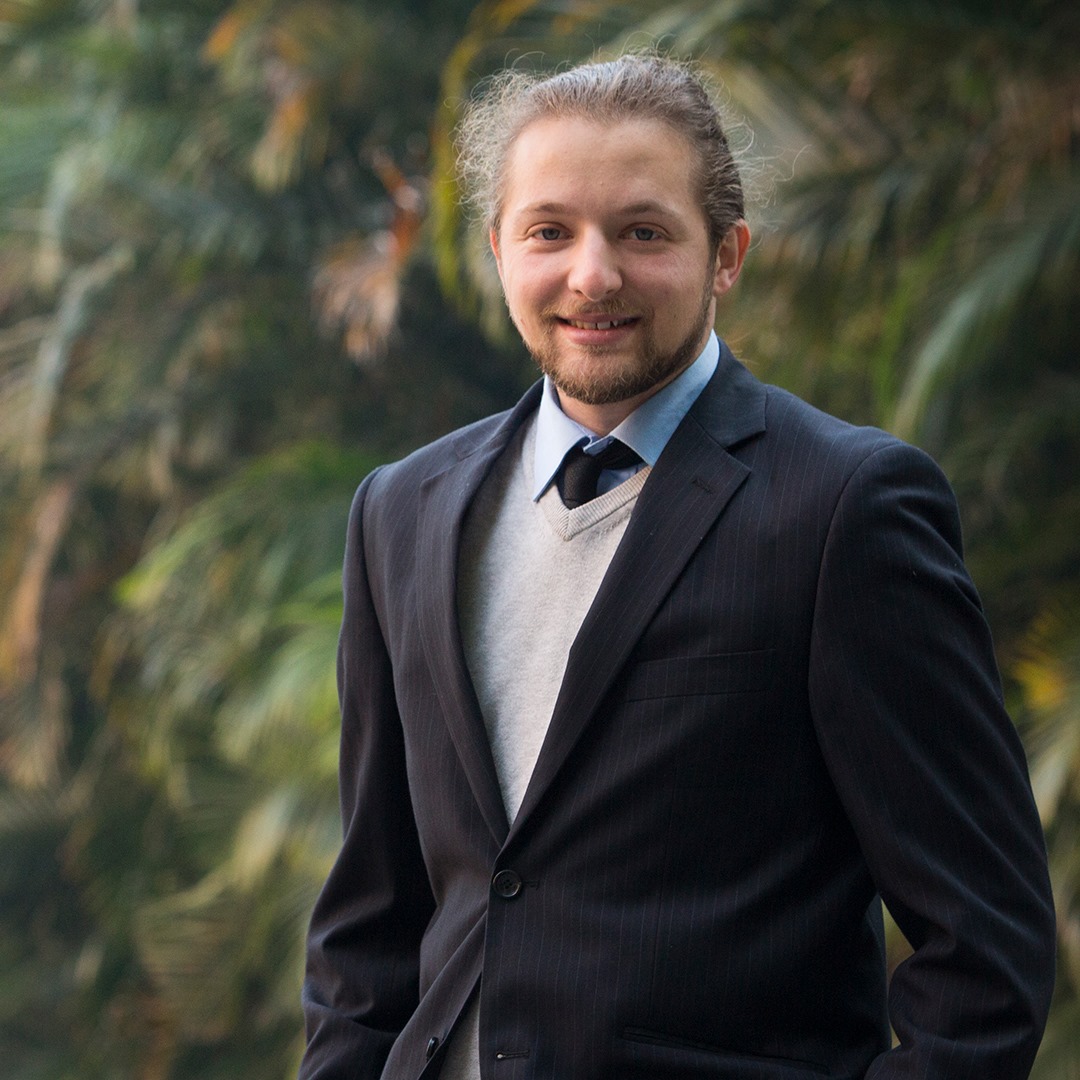
PhD., Neuroscience Researcher
Dr. Nady Braidy focuses on the role of oxidative stress (OS) in neuronal cell degeneration and the mechanisms underlying neurodegenerative disorders, particularly dementia—one of the top five leading causes of death in Australia. His research aims to elucidate the onset of OS from early life stages, with the goal of developing strategies to preserve neurological function and maintain brain health throughout the lifespan.
Alongside his research, Dr. Braidy teaches and supervises laboratory work for PhD, Master’s, and Honours students, as well as participants in the ILP program, contributing significantly to the training of future biomedical scientists.
Academic Career and Background
Early Career Research Fellow, Australian Research Council (2017–2020)
Previously awarded the NHMRC Early Career Research Fellowship (2013–2016) and the Alzheimer’s Australia Viertel Postdoctoral Research Fellowship (2012) at the University of New South Wales (UNSW), Sydney.
Earned his PhD in November 2011. Since then, he has published over 97 peer-reviewed scientific articles (H-index = 21), 6 book chapters, 2 monographs, and holds 1 international patent.
Presented at over 10 national and international scientific conferences.
Notable Research Achievements
In 2014, selected as one of five Australian scientists by the Australian Academy of Science to represent Australia at the 64th Lindau Nobel Laureate Meeting in Germany.
In 2012, awarded International Researcher of the Year in Neurogeriatric Pharmacology for outstanding contributions to aging and neurodegenerative disease research.
Other prestigious awards include
UNSW Faculty of Medicine Rising Star Award (2012) for postdoctoral research achievements.
Doerenkamp-Zbinden Award in Pharmacology for outstanding performance in the field at UNSW.
Dean’s List Recognition, UNSW Faculty of Medicine (2009) as an early-career researcher.
Scientific Contributions
During his doctoral and postdoctoral research, Dr. Braidy focused on the sirtuin enzyme family—key regulators of cellular energy and protection against age-related disease. He pioneered studies on small molecules that indirectly activate SIRT1 via allosteric activation of NAD⁺-synthesizing enzymes, thereby increasing intracellular NAD⁺ levels. This work underpins an international patent (PCT/AU2009/000255).
He was also the first to identify a novel small molecule capable of activating NAD⁺ synthesis, opening potential therapeutic applications. This achievement has been submitted for patent protection and exemplifies his innovation and creativity in biomedical research.
Contributions to Education and the Scientific Community
Approximately 80% of Dr. Braidy’s time is dedicated to research, with the remaining 20% focused on teaching and student mentorship. He actively co-supervises Master’s and Honours projects, organizes graduate seminars, and facilitates academic discussions, fostering a collaborative and dynamic research environment. This demonstrates his high-level research expertise as well as leadership skills and commitment to the international scientific community.
Professional Memberships
American Alzheimer’s Association
Australian Neuroscience Society
Australian Society for Medical Research
International Society for Tryptophan Research
Neurotoxicity Society
International College for Geriatric Psychoneuropharmacology (ICGP)



